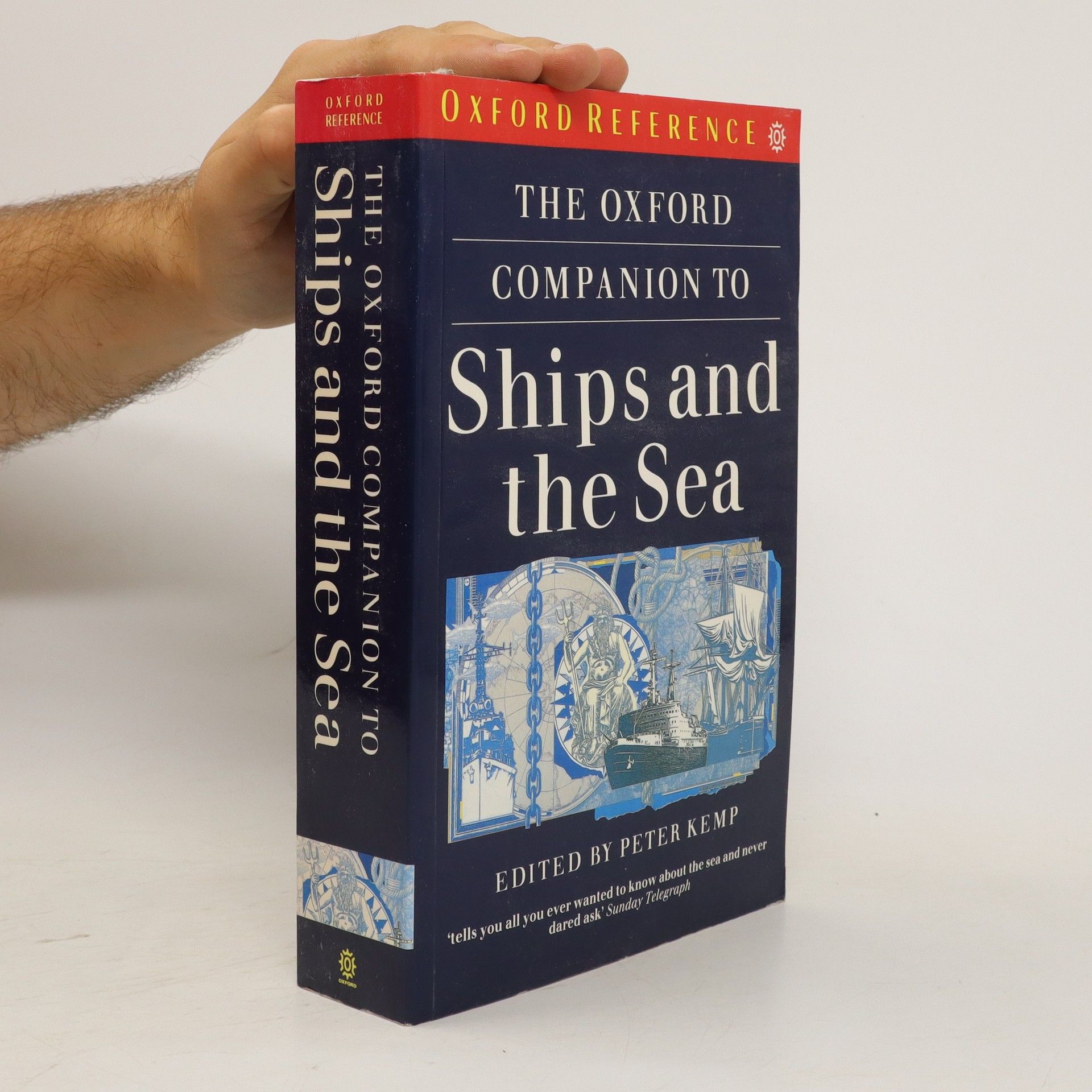1st edition 1st printing hardcover fine condition fine dw, In stock shipped from our UK warehouse
Peter Kemp Livres






The History of Ships
- 288pages
- 11 heures de lecture
The ships of any age express the needs and ambitions of the people who build them. They also reflect the state of technology at the time. But the history of ships is not just a reflection of the history of man; it is a complete and fascinating story in itself. It began 5,000 years ago, on the banks of the Nile, with the funeral ship of a distant pharaoh. At first, ship propulsion was largely a matter of sweated labour, but gradually the oared ship gave way to the sailing ship. With progress in ship design, voyages became longer and more adventurous. The result was the discovery of new lands and an upsurge in maritime trade, calling for new types of ship to carry and protect it. Then, in the 1880s, seafaring was transformed by the twin revolutions of steam power and iron construction. Today, little more than half a century since the demise of the last great sail trading vessels, we are in the age of the hovercraft, container ship and nuclear submarine. The scope of this book includes merchantmen and men-of-war, ceremonial, pleasure and working craft of all civilizations and all ages, as well as the people who built and sailed them.
The Oxford Companion to Ships and the Sea
- 992pages
- 35 heures de lecture
Provides a comprehensive survey of sailing vessels and methods, shipbuilding and navigation, nautical customs and lore, sea battles, and famous ships and seamen
Sea Battles in Close Up: Escape of the Scharnhorst and Gneisenau
- 96pages
- 4 heures de lecture
Sea Battles in Close-up - 14: Escape of the Scharnhorst & Gneisenau
Retroland
- 384pages
- 14 heures de lecture
The essential companion for lovers of the contemporary novel
Bezdomovství
Přehled výsledků výzkumů z Velké Británie - České vydání/Czech Edition
- 96pages
- 4 heures de lecture
Astrologie exakt
- 207pages
- 8 heures de lecture
Die Familie Strauß. Cheschichte einer Musikerdynastie
- 302pages
- 11 heures de lecture
Velký slovník lodí a moře
- 604pages
- 22 heures de lecture
Odborný výkladový slovník obsahuje na 3 000 hesel nejen z oblasti loďařství, lodní dopravy a historie námořní plavby, ale také z oboru oceánografie. Čtenář se dozví vše o lodích, jejich stavbě a provozu, o námořních bitvách, slavných křižnících a admirálech, o mořském dnu a jeho zkoumání, o rybách a životě v oceánech. Kniha přináší rovněž první český ucelený výklad termínů týkajících se plachetních lodí a manévrování s nimi. Díky anglicko-českému slovníku hesel může publikace sloužit překladatelům jako odborný výkladový slovník.


